The sounds of the season
How did music come to be such a big part of Christmas — and why do we keep hearing the same songs?
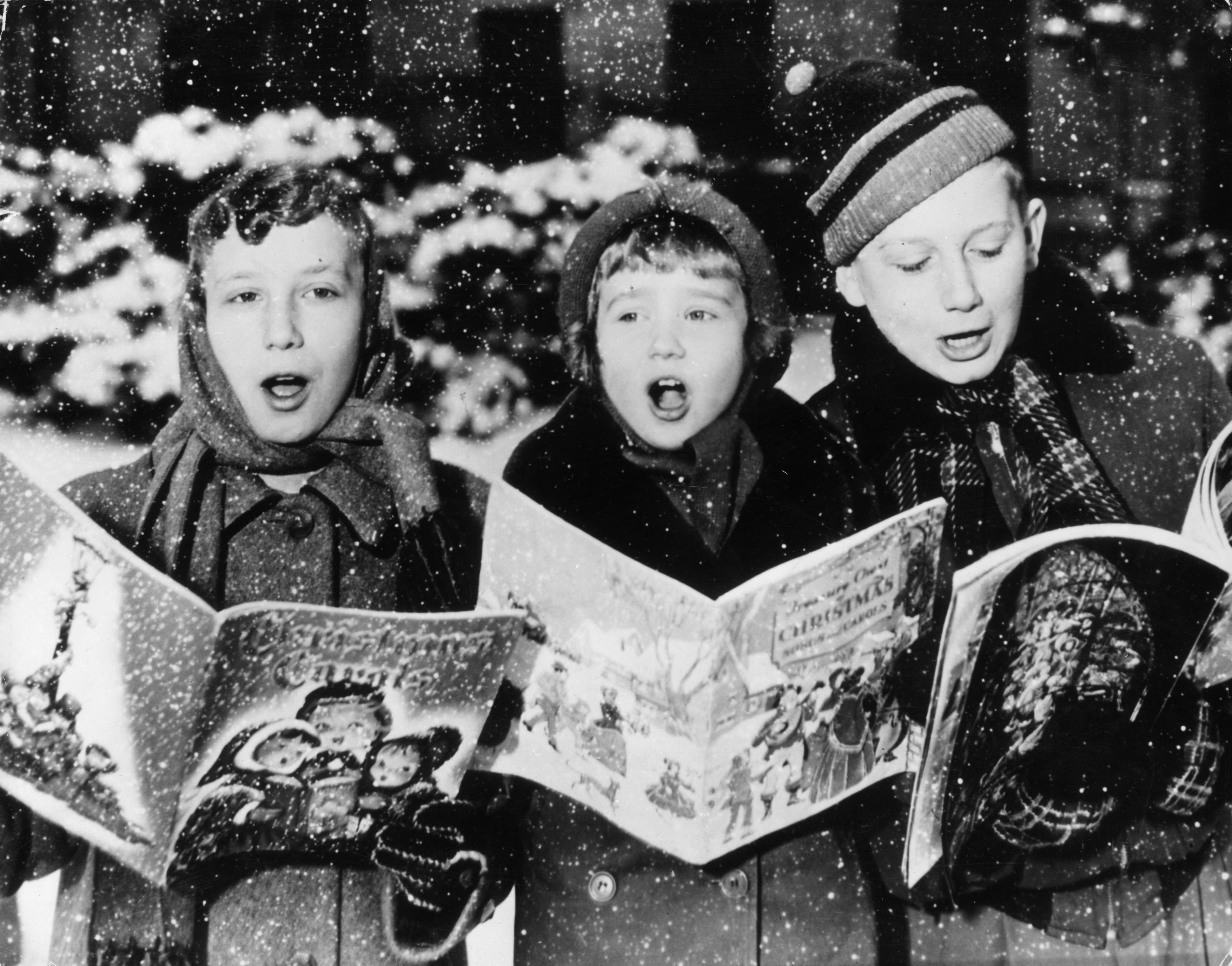
A free daily email with the biggest news stories of the day – and the best features from TheWeek.com
You are now subscribed
Your newsletter sign-up was successful
How old is Christmas music?
It arguably predates the holiday itself. In Europe, pagans created the tradition of singing songs to brighten up the Winter Solstice, which was widely adopted by early Christian evangelists, especially after A.D. 1000. During the Protestant Reformation, the Puritans considered carol singing unbiblical and suspiciously cheerful, and at least one Calvinist minister deemed it as grievous a sin as fornication. Still, the tradition continued — albeit sometimes in secret. Public door-to-door caroling gained popularity during the 1800s, and several of the most enduring carols, including "Silent Night," "Joy to the World," and "Jingle Bells," date from that period. Today, Christmas music is a huge business. Of the 125 artists on Billboard's Greatest of All Time list in 2019, nearly half — including chart-topping singers such as Elton John, Stevie Wonder, and Taylor Swift — have released at least one Christmas album, and more than 80 percent have recorded at least one holiday song. In the U.S. alone, seasonal tunes fueled a $177 million industry in 2018. "The appetite for Christmas music keeps growing every year," said veteran radio industry consultant Dan Vallie.
How has Christmas music changed?
Over the past 200 years, it has become much more secular — and lucrative. After the invention of recorded sound and radio, Hollywood, Tin Pan Alley, and Madison Avenue all rushed to capitalize on the warm feelings consumers associated with the holiday. "Rudolph the Red-Nosed Reindeer," for example, began life as a 1939 book written to promote the Montgomery Ward department store chain. Some of the biggest Christmas classics emerged during World War II and its aftermath, when soldiers and civilians alike were starved for comfort. One-third of the 30 most-performed holiday songs of all time were written in the 1940s, according to the American Society of Composers, Authors, and Publishers. The most popular was — and still is — "White Christmas," written by Irving Berlin for the 1942 movie Holiday Inn and sung in a velvet baritone by Bing Crosby. His nephew later recalled Bing singing it in a USO concert in France to "100,000 GIs in tears," many of whom would be "killed in the Battle of the Bulge a few days later." Another Crosby hit, 1943's "I'll Be Home for Christmas," became the song most requested by soldiers at USO shows: "Christmas Eve will find me / Where the love-light gleams / I'll be home for Christmas / If only in my dreams." It's been covered by hundreds of artists, including Frank Sinatra, Donna Summer, and James Taylor.
Why is this music so popular?
The holiday season instills in many people a powerful sense of nostalgia, and they look to familiar tunes to provide warm memories. Between 2011 and 2019, two-thirds of the top 20 songs on Billboard's Holiday 100 — a season-specific version of its weekly sales charts — were written before 1980. That's one reason the music industry encourages artists to make covers of old chestnuts. "Silent Night" and "White Christmas" each have more than 20,000 different tracks on Spotify, and there are more than 10,000 each for other standards such as "Jingle Bells," "Winter Wonderland," and "Santa Claus Is Coming to Town." Occasionally, though, a new song manages to break into the canon.
The Week
Escape your echo chamber. Get the facts behind the news, plus analysis from multiple perspectives.

Sign up for The Week's Free Newsletters
From our morning news briefing to a weekly Good News Newsletter, get the best of The Week delivered directly to your inbox.
From our morning news briefing to a weekly Good News Newsletter, get the best of The Week delivered directly to your inbox.
What does it take?
There is no magic formula, but researchers and music industry executives have noticed a few common characteristics. One is accessibility: A Berklee College of Music analysis of chart-topping songs on Spotify on Christmas Week of 2016 found that 95 percent were written in a major key and 90 percent used a basic 4/4 time signature. The range of pitches was usually narrow enough to allow listeners to sing along, and lyrics tended to be simple, focusing on themes such as love, home, snow, parties, and Santa. Using sleigh bells as an accent, as nearly half the songs did, also helped make the Christmas connection explicit. No song from the past 30 years has mastered that formula more resoundingly than Mariah Carey's "All I Want for Christmas Is You."
How is that determined?
By number of plays, for one. The 1994 song, co-written by Carey and Walter Afanasieff, dominates radio playlists every Christmas, and has been streamed more than 1.2 billion times on Spotify alone. Singable, up-tempo, and with musical themes borrowed from pop classics, it has earned Carey more than $60 million and a perch atop the Billboard charts for the fourth winter in a row. (Based on that dominance, Carey tried this year to trademark the term "Queen of Christmas," but her request was denied.) Still, it took 25 years for "All I Want for Christmas Is You" to reach the top spot, and it may take at least as long for another holiday song to make such an impact. "I think it is one of the most difficult pantheons to enter," said songwriter Charlie Harding. But "if you do, you're going to buy your great, great, great, great grandkids' house, so I bet people will keep on trying."
An overdose of jingle bells
You're not imagining it: Radio stations are starting to play holiday tunes well before Thanksgiving, and a growing number play them exclusively. More than 500 terrestrial stations have switched to an all-Christmas format so far this season, and satellite provider iHeartRadio now has more than 80 all-Christmas stations. For some, however, the constant loop of Crosby, Carey, and Michael Bublé in public spaces soon wears out its welcome. Then there are polarizing novelty songs such as "Santa Baby," "Grandma Got Run Over by a Reindeer," and "I Saw Mommy Kissing Santa Claus," which people surveyed in a YouGov poll last year named the three Christmas tunes they hated the most. Even an entry as popular as "All I Want for Christmas Is You" starts to grate after the 10,000th listening. "I didn't mind hearing it constantly for the first eight or nine years," Mitch Albom wrote in the Detroit Free Press, but now "wherever there is a set of speakers, Mariah is blaring out of them. Dear God in heaven, just make it stop!"
This article was first published in the latest issue of The Week magazine. If you want to read more like it, you can try six risk-free issues of the magazine here.
A free daily email with the biggest news stories of the day – and the best features from TheWeek.com
-
 Political cartoons for February 16
Political cartoons for February 16Cartoons Monday’s political cartoons include President's Day, a valentine from the Epstein files, and more
-
 Regent Hong Kong: a tranquil haven with a prime waterfront spot
Regent Hong Kong: a tranquil haven with a prime waterfront spotThe Week Recommends The trendy hotel recently underwent an extensive two-year revamp
-
 The problem with diagnosing profound autism
The problem with diagnosing profound autismThe Explainer Experts are reconsidering the idea of autism as a spectrum, which could impact diagnoses and policy making for the condition
-
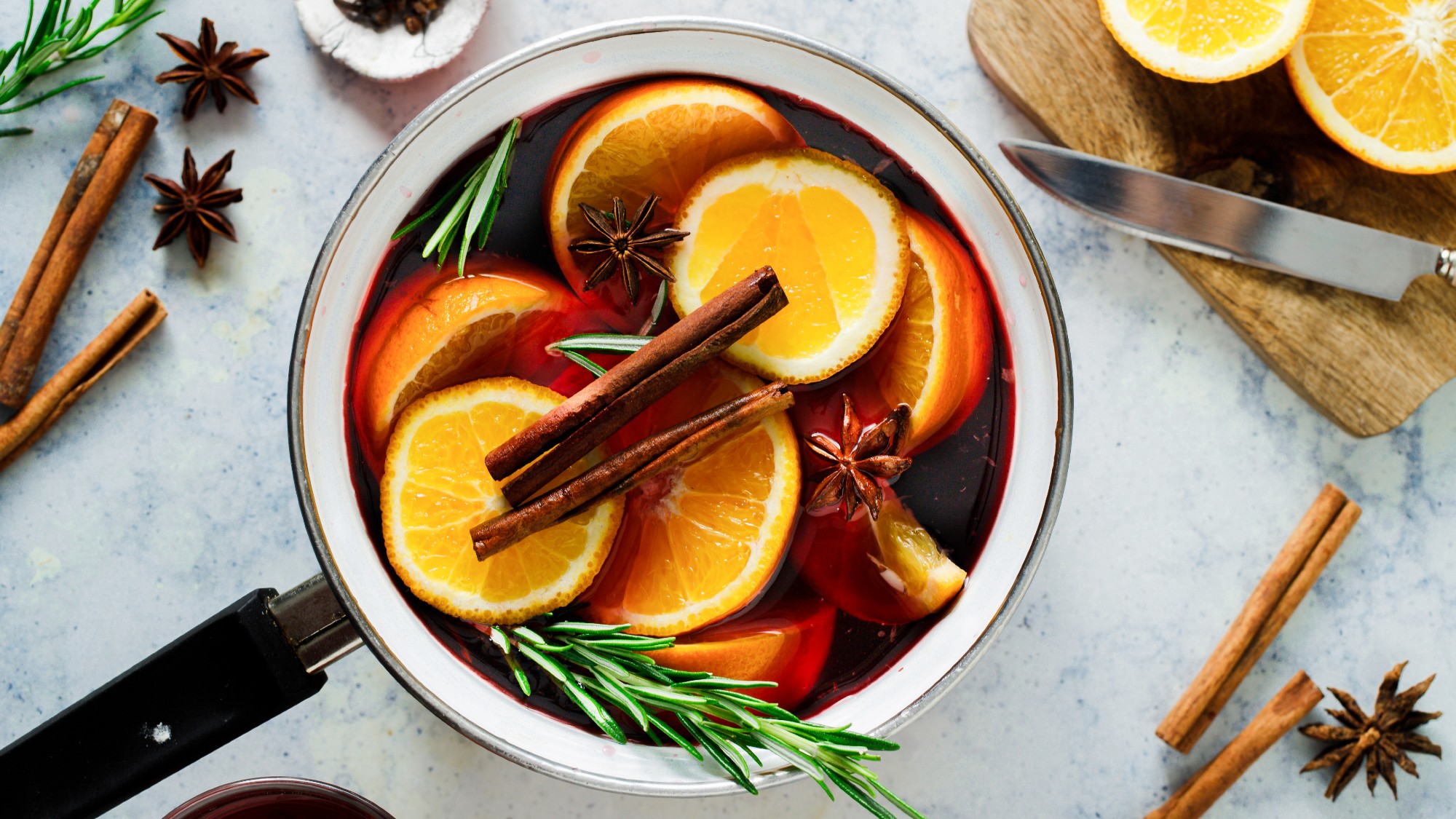 7 hot cocktails to warm you across all of winter
7 hot cocktails to warm you across all of winterthe week recommends Toddies, yes. But also booze-free atole and spiked hot chocolate.
-
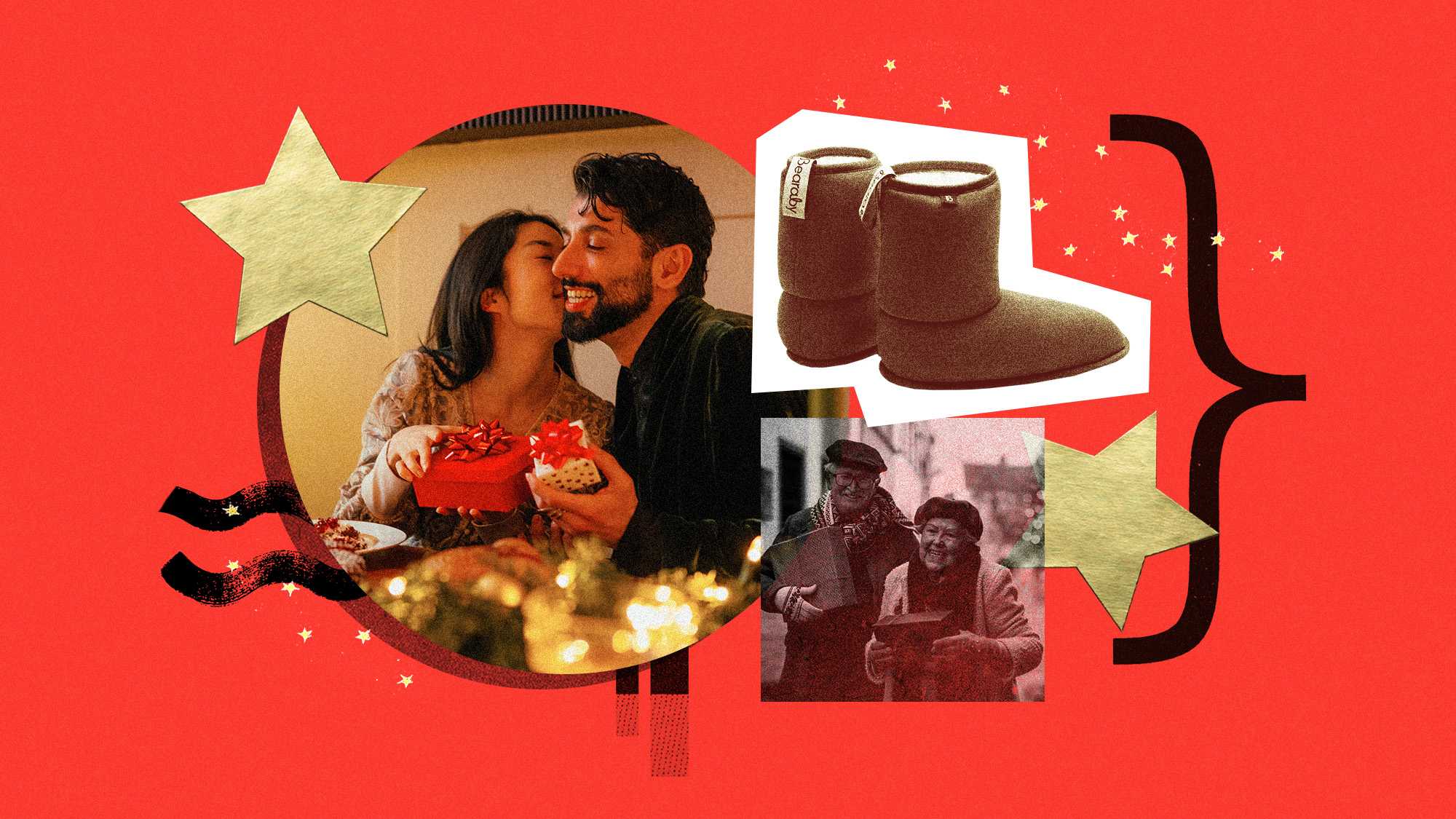 11 extra-special holiday gifts for everyone on your list
11 extra-special holiday gifts for everyone on your listThe Week Recommends Jingle their bells with the right present
-
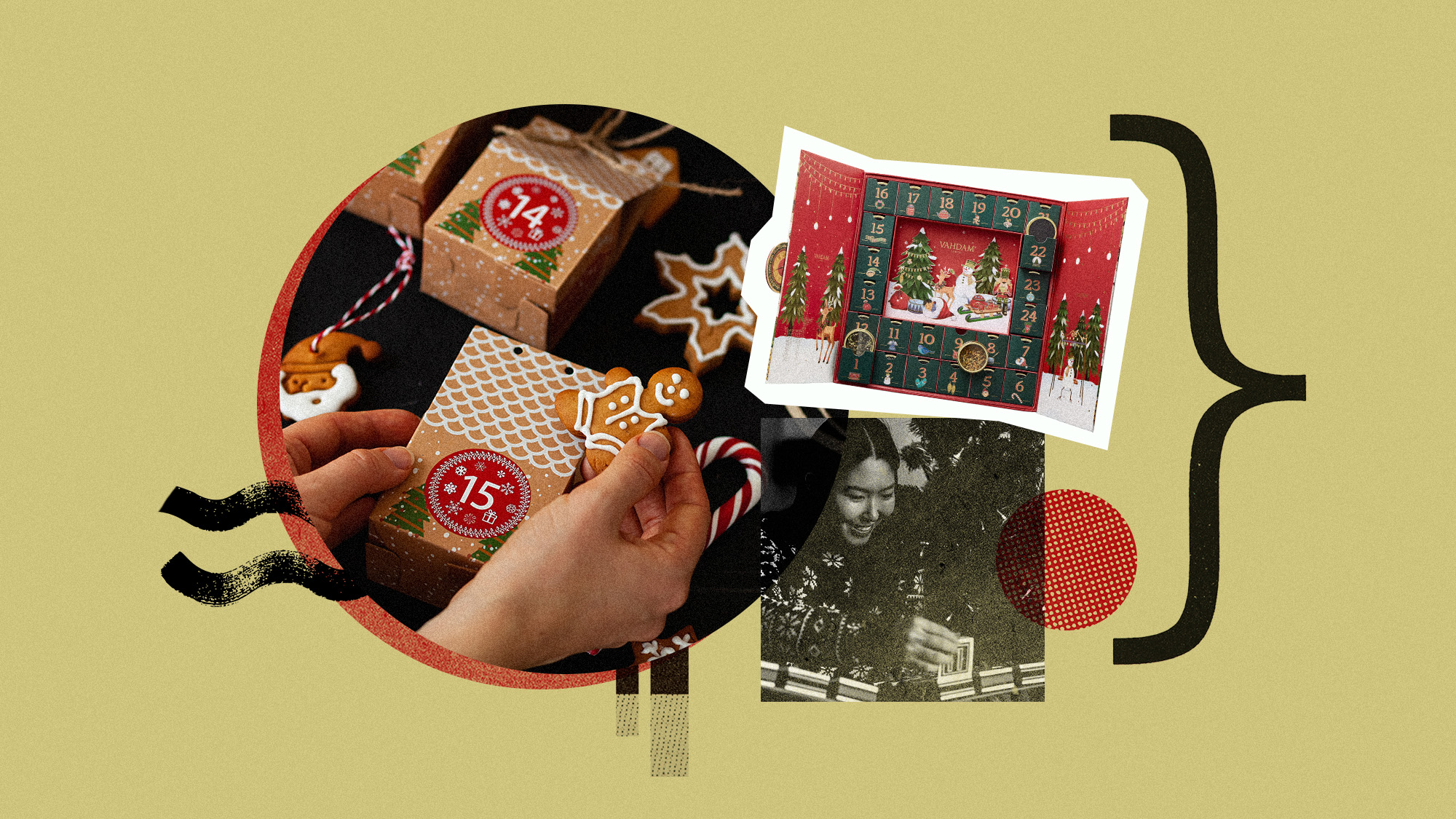 10 great advent calendars for everyone (including the dog)
10 great advent calendars for everyone (including the dog)The Week Recommends Countdown with cocktails, jams and Legos
-
 Sowaka: a fusion of old and new in Kyoto
Sowaka: a fusion of old and new in KyotoThe Week Recommends Japanese tradition and modern hospitality mesh perfectly at this restored ryokan
-
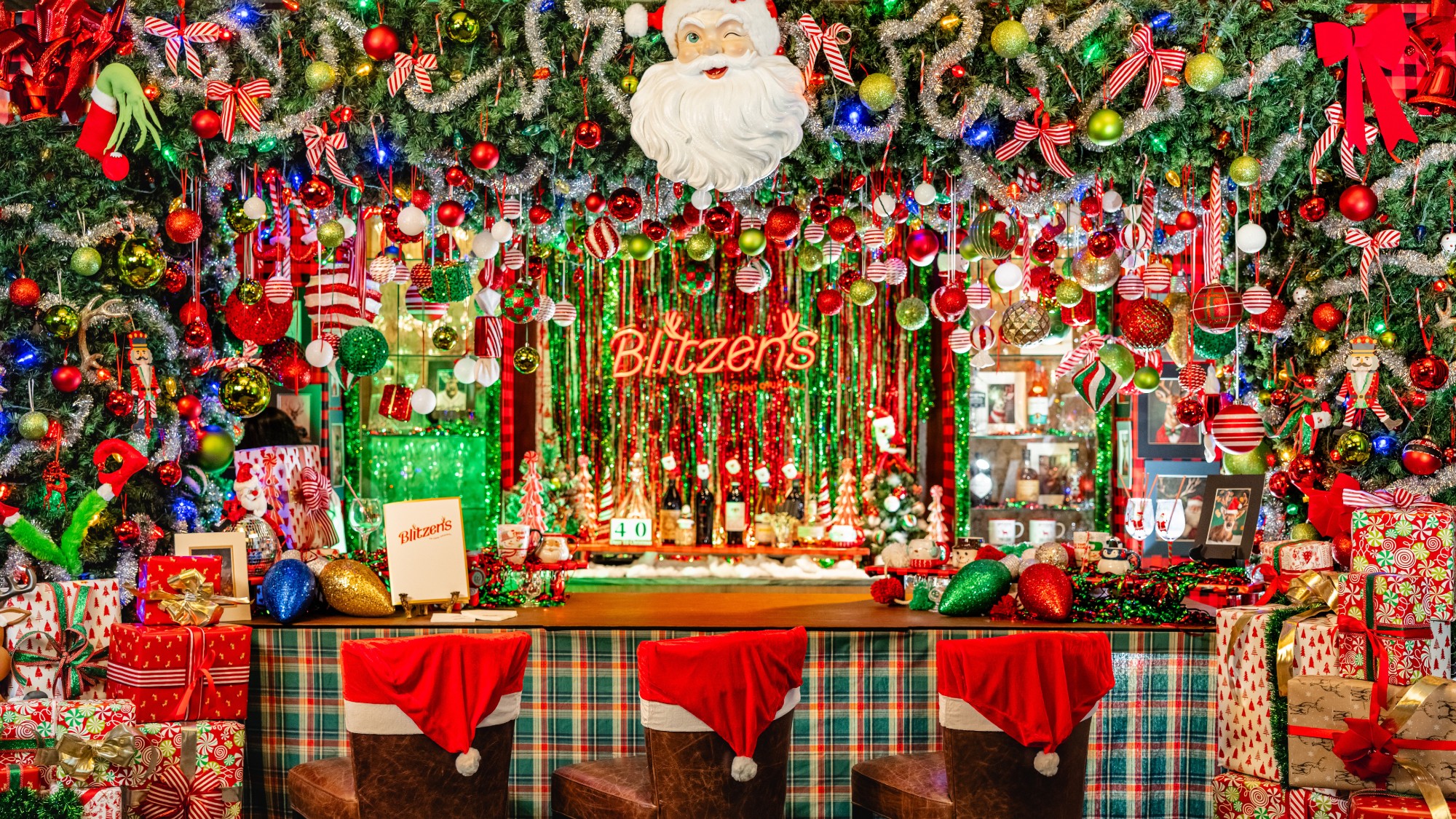 7 festive hotels that get decked out for the holidays
7 festive hotels that get decked out for the holidaysThe Week Recommends These properties shimmer and shine all December long
-
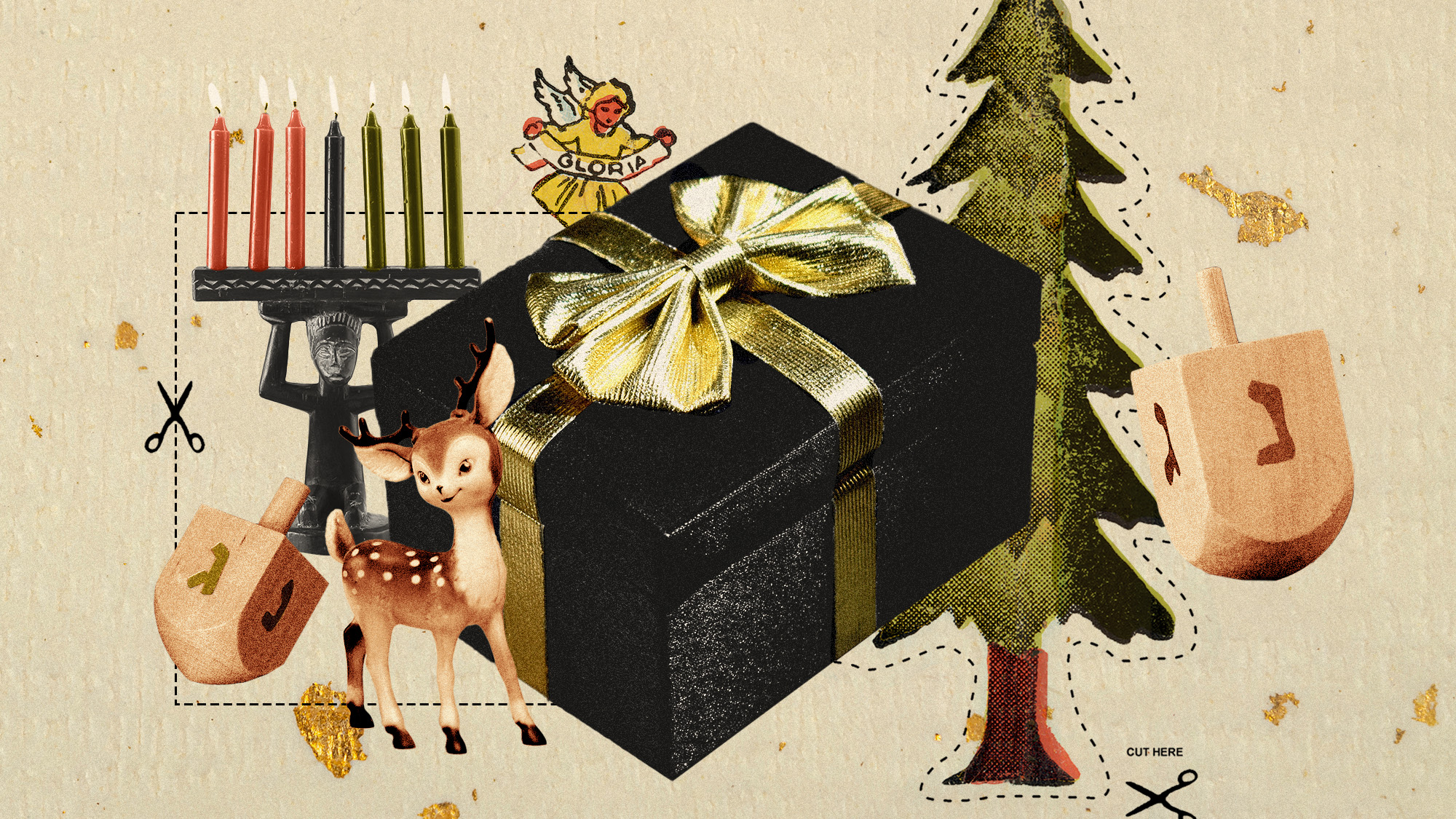 10 holiday presents sure to bring joy to everyone on your list
10 holiday presents sure to bring joy to everyone on your listThe Week Recommends Wrap it up: With this guide, your holiday shopping is done.
-
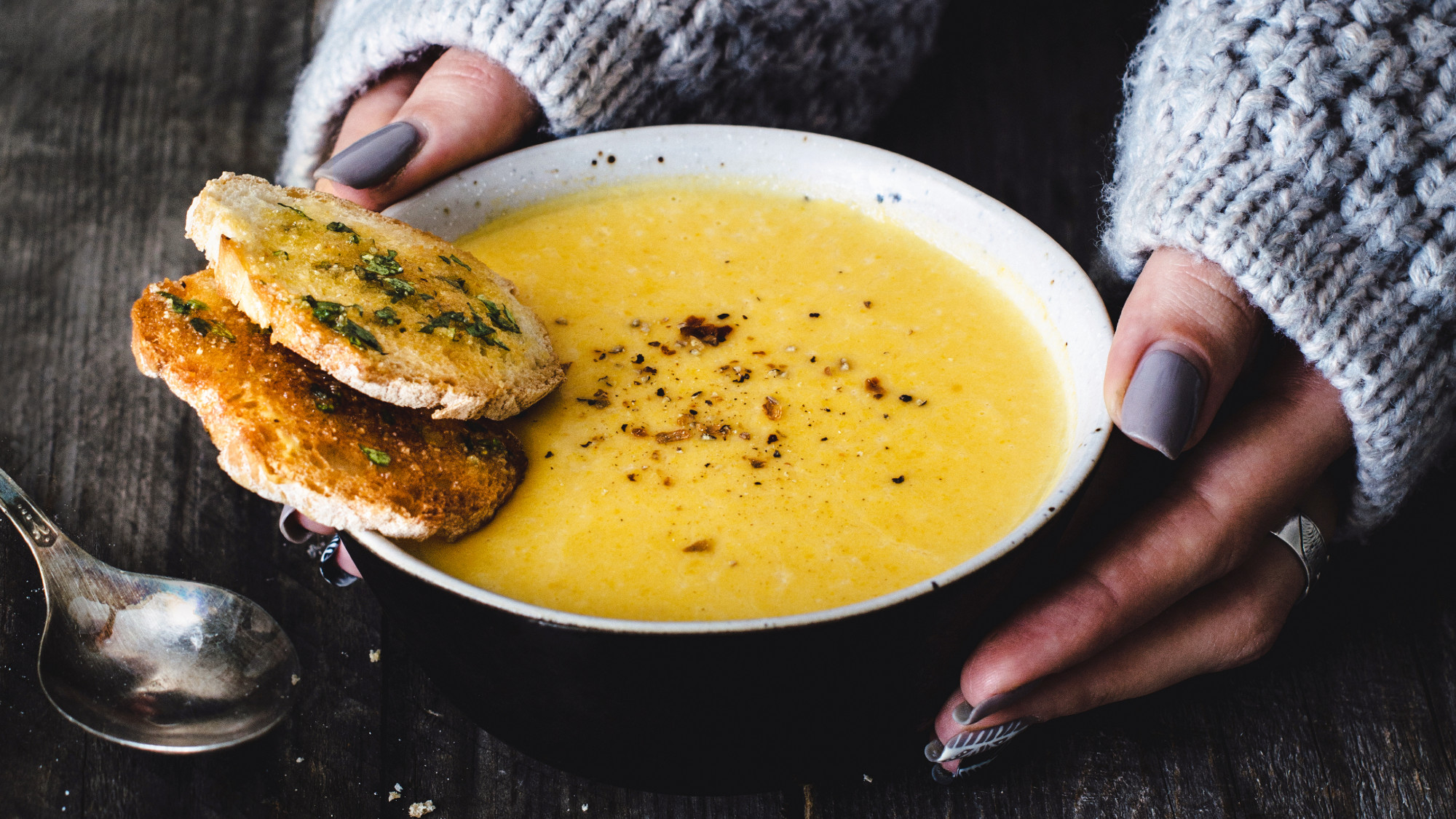 The holidays need an array of dishes. These 7 recipes to the delicious rescue.
The holidays need an array of dishes. These 7 recipes to the delicious rescue.The Week Recommends New Year's Eve, post-gathering brunch and a healthy vegetable contrast are all present.
-
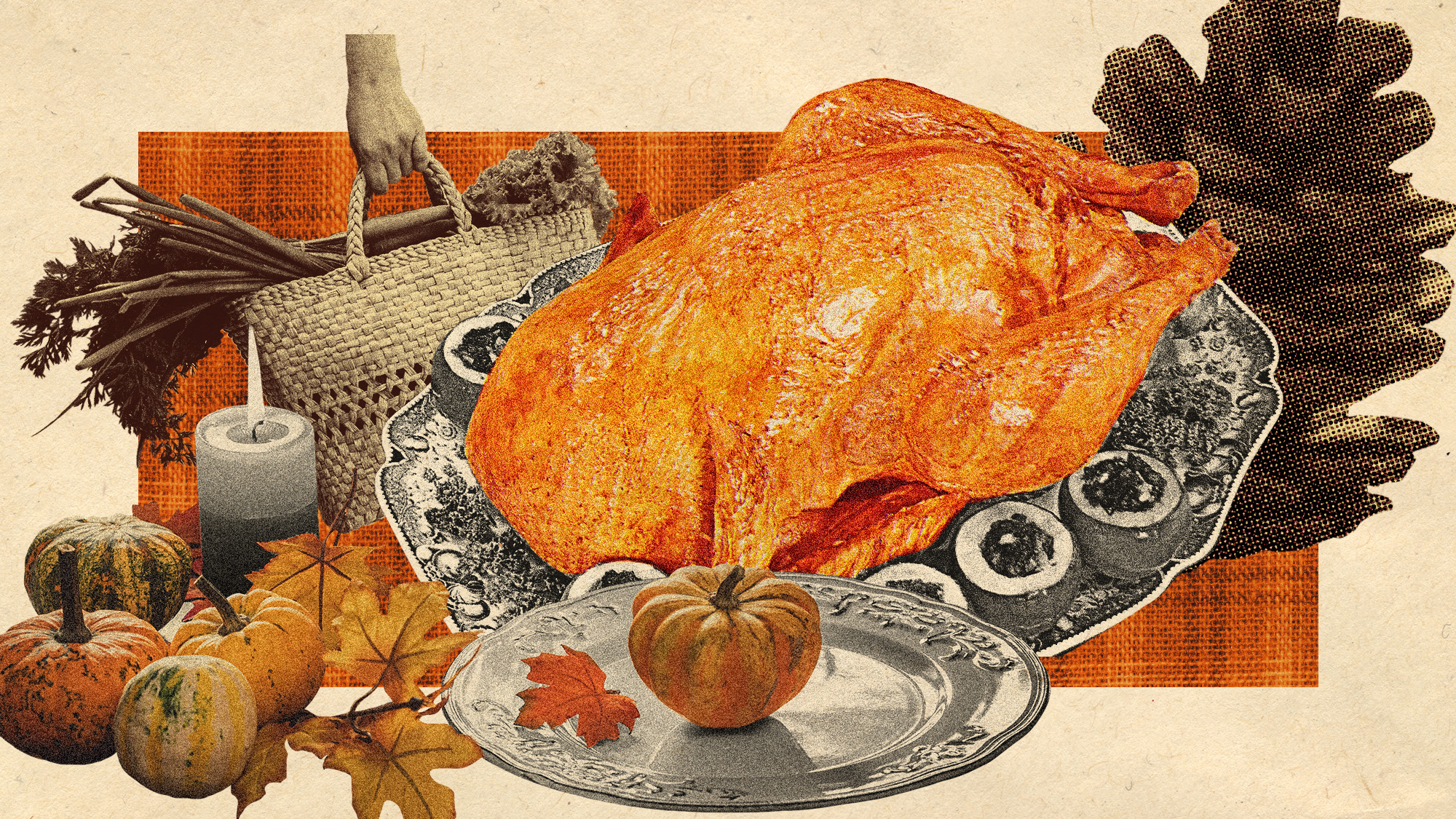 4 tips for hosting an ecofriendly Thanksgiving
4 tips for hosting an ecofriendly ThanksgivingThe Week Recommends Coming together for the holidays typically produces a ton of waste, but with proper preparation, you can have an environmentally friendly gathering.